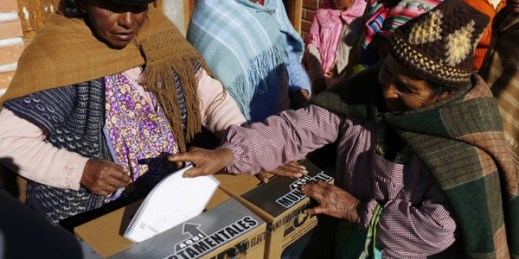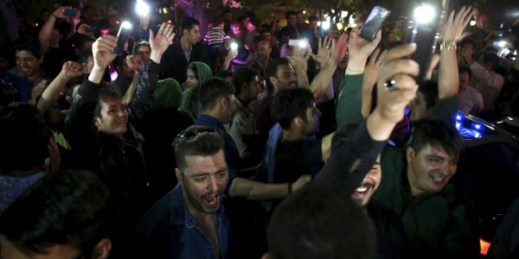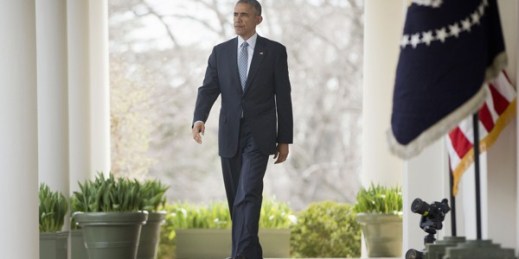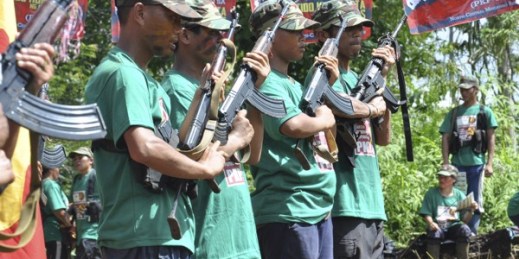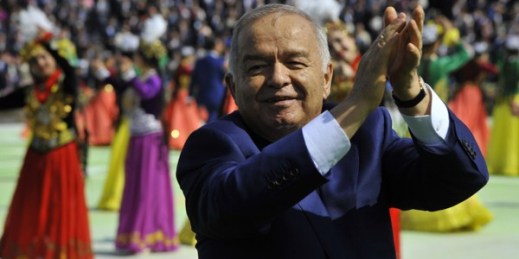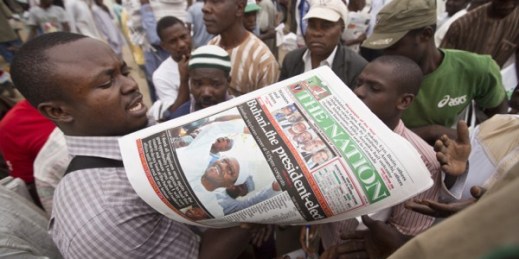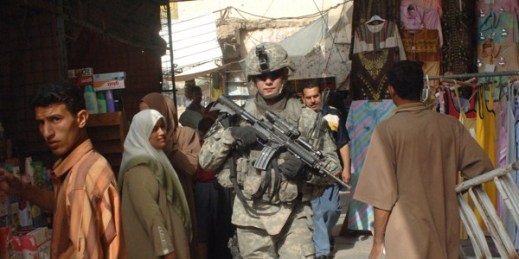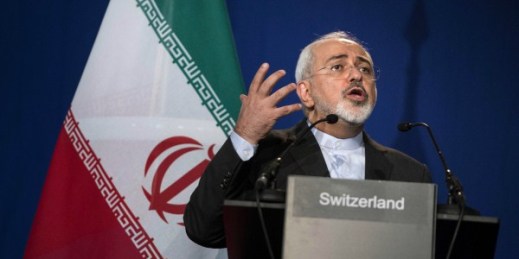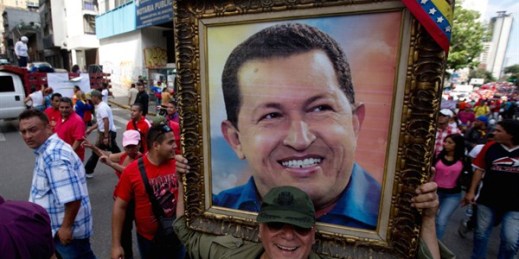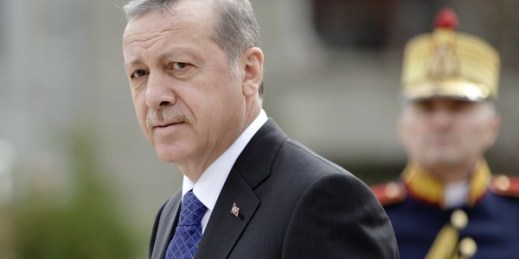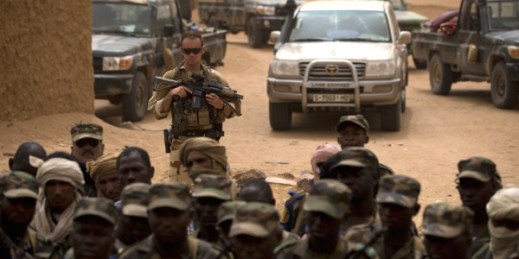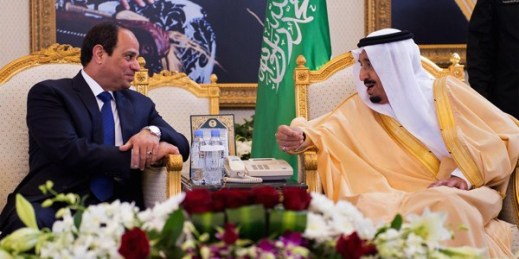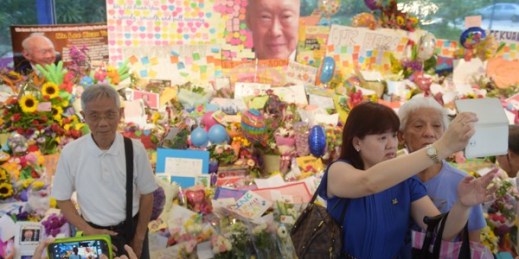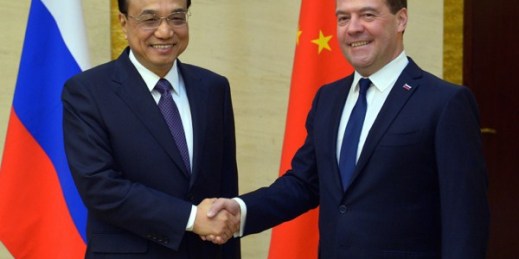
Beginning in January and accelerating in the last week of March, senior State Department officials have been making high-profile speeches on U.S. interests and policies regarding Central Asia. The policy rollout culminated on March 31, when Deputy Secretary of State Antony J. Blinken delivered a speech at the Brookings Institution on Washington’s long-term vision for Central Asia. Combined, the speeches offer insight into Washington’s approach to the resource-rich and highly contested region. As some observers have pointed out, one novel element of that approach is an explicit U.S. attempt to praise China’s growing presence in Central Asia, while condemning that […]

